
Selected reviews about elderly care communities
Selected reviews about elderly care communities offer valuable insights into the experiences of residents and their families. These reviews can highlight the strengths and weaknesses of different communities, helping you make an informed decision when choosing the right care for your loved one.
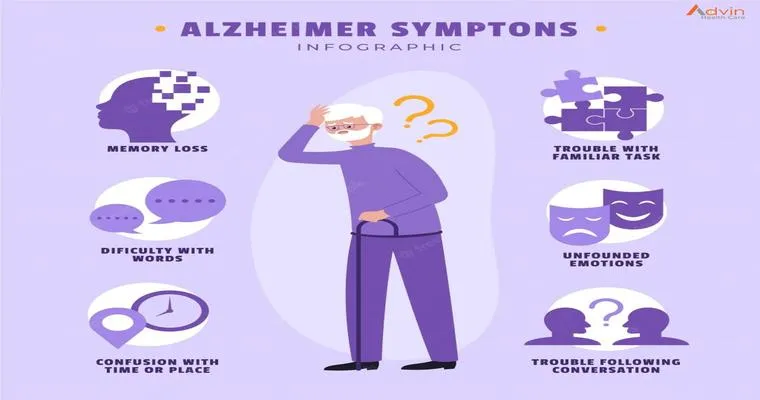
Alzheimer's Disease Signs, Symptoms & Treatments
Alzheimer's disease is a progressive neurodegenerative disorder characterized by memory loss, confusion, and difficulties with language and problem-solving. Symptoms may include mood changes and withdrawal from social activities. Treatments focus on managing symptoms through medications and supportive therapies, aiming to enhance quality of life for affected individuals and their families.

Understanding and Minimizing Sundowning in Dementia Patients
Sundowning refers to increased confusion and agitation in dementia patients during the late afternoon and evening. Understanding its triggers, such as fatigue and decreased daylight, can help caregivers create a calming environment. Strategies like maintaining routines, reducing stimuli, and ensuring adequate rest can effectively minimize these episodes and enhance patient comfort.
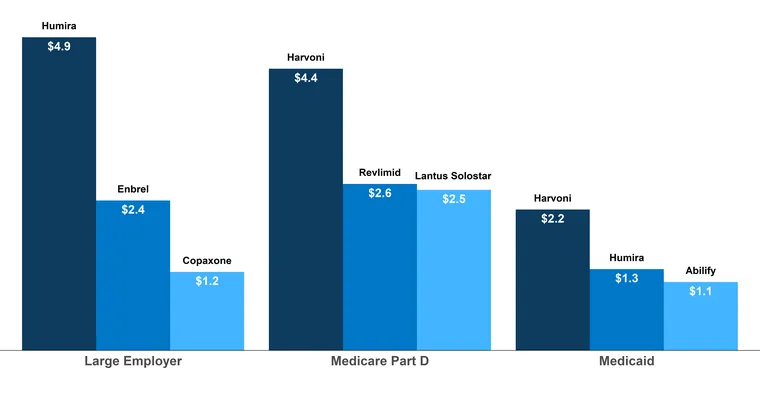
Prescription drug coverage for Medicaid?
Medicaid provides prescription drug coverage to eligible individuals, ensuring access to necessary medications. Each state administers its own program, which may vary in terms of covered drugs and cost-sharing. This coverage aims to enhance health outcomes by reducing barriers to essential treatments for low-income populations.

My mother is in Memory Care. Her drug plan is for home delivery. I need one for her that covers what she needs now. Anyone know how?
Finding an appropriate drug plan for your mother in memory care involves researching options that cater specifically to her needs. Start by assessing her current medications and consulting with her healthcare provider for recommendations. Then, explore various pharmacy services that offer home delivery and check if they accept her insurance.
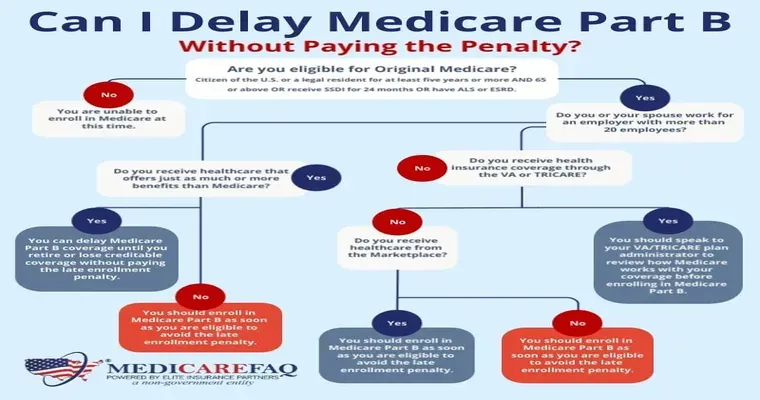
Medicare Part D terminated my Mom recently. Can they do this now?
Medicare Part D can terminate coverage under certain circumstances, such as failure to pay premiums or not adhering to plan rules. If your mom's coverage was recently terminated, it's essential to review the specific reasons provided by her plan. Consider reaching out to Medicare or a local advisor for guidance.

Why are seniors in their 80's penalized for not having prescription coverage for the rest of their lives? How can we fight this?
Seniors in their 80s face penalties for lacking prescription coverage due to Medicare rules designed to encourage continuous enrollment. This can lead to higher premiums and financial strain. To combat this, advocacy for policy reforms, increased awareness of enrollment options, and support for affordable coverage solutions are essential steps.
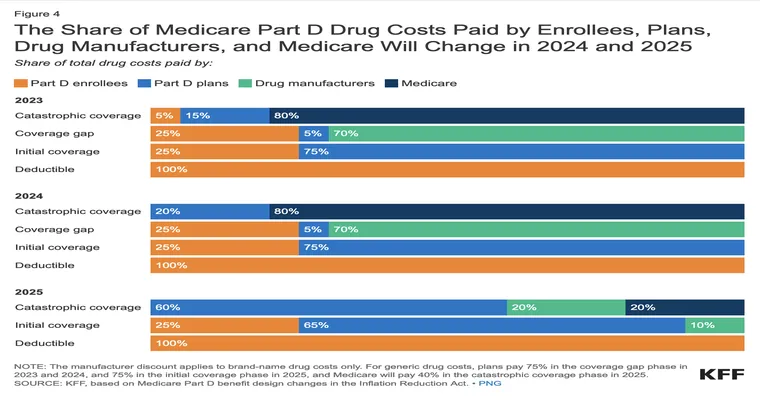
Reasonably priced Part D Plans for prescriptions? 300% increase for current plan starting January 2023. (300% NOT a typo!)
Many individuals are facing a staggering increase in their Part D prescription drug plan costs, with some plans experiencing a 300% hike starting January 2023. This dramatic rise has prompted a search for reasonably priced alternatives that can help manage medication expenses while maintaining essential coverage and access to necessary prescriptions.
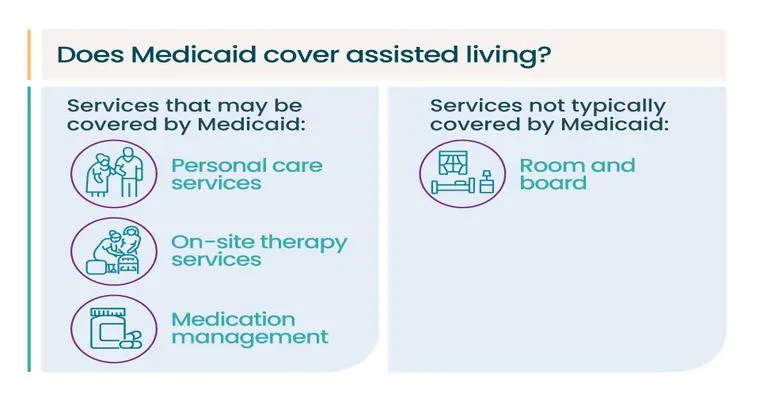
Nursing Home Medications: Should we continue current coverage or will a different program cover her medications?
Nursing home medications are essential for residents' health, but coverage can vary. Evaluating whether to maintain current medication coverage or transition to an alternative program is crucial. This decision impacts access to necessary treatments and overall well-being, requiring careful consideration of costs, benefits, and individual patient needs.

Caregiver's cats behaving badly.
The caregiver's cats, usually affectionate companions, have taken to mischievous antics. They knock over plants, steal food from countertops, and engage in playful skirmishes that disrupt the household. Despite their naughty behavior, their charm and playful energy bring joy, reminding everyone that pets often have a mind of their own.

General topics.
General topics encompass a wide range of subjects, including science, history, culture, technology, and current events. They provide a foundation for understanding the world, stimulating curiosity and encouraging discussion. Engaging with general topics enhances critical thinking and broadens perspectives, fostering a well-rounded view of society and human experience.
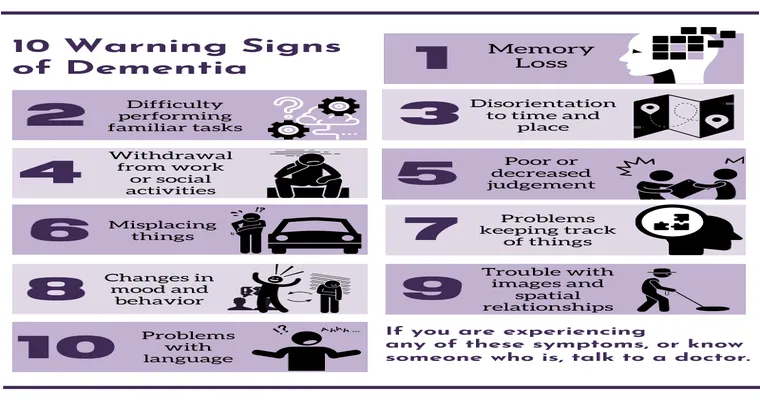
Early signs of dementia?
Early signs of dementia often include memory loss, difficulty in completing familiar tasks, confusion about time or place, challenges in conversation, and changes in mood or personality. Individuals may also experience misplacing items and struggle to follow plans or instructions, which can impact daily functioning and relationships.

My husband of 30 years doesn’t remember me. Do I insist I am his wife?
After three decades of shared memories, my husband no longer recognizes me, leaving me torn between sorrow and the desire to remind him of our life together. Should I assert my identity as his wife, risking further confusion, or adapt to this painful reality and cherish the fragments of our past?

MIL in beginning stages of dementia often repeats stories. Should we tell her that she already told us, or just nod and smile?
In the early stages of dementia, your mother-in-law may frequently repeat stories, which can be confusing. It's often best to respond with patience and empathy rather than correcting her. Nodding and smiling can provide comfort, helping her feel understood and supported during a challenging time. Focus on connection rather than factual accuracy.

How do I handle my mother's fabricated dementia stories?
Navigating your mother's fabricated dementia stories requires patience and understanding. Approach her with empathy, gently redirect conversations to reality, and provide reassurance. Consider involving a healthcare professional for guidance. Focus on maintaining a supportive environment while addressing her emotional needs, ensuring she feels loved and valued despite the confusion.

My mom, a new senior, her health is not good and she seems to be having mood swings. Is it true that becoming a senior can affect her?
As my mom navigates her new life as a senior, her health struggles and mood swings have become more apparent. It's common for aging to impact both physical and mental well-being, leading to changes in mood and energy levels. Understanding and support are crucial during this transition.
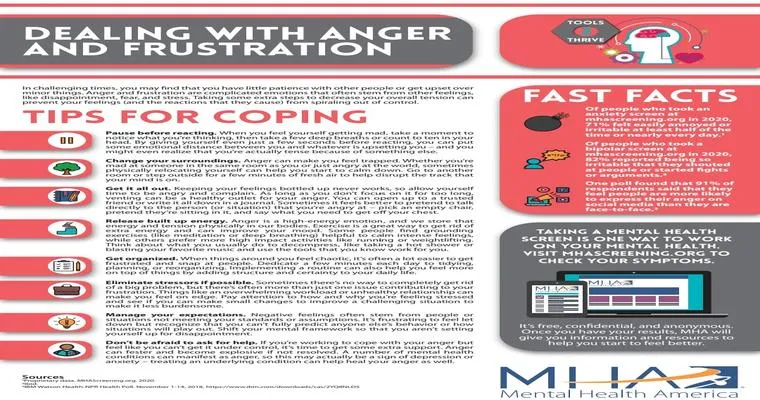
How to cope with anger brewing inside me?
To cope with brewing anger, take a moment to breathe deeply and identify the source of your feelings. Engage in physical activity, practice mindfulness, or talk to someone you trust. Channel your emotions creatively, and remember to express your feelings constructively rather than letting them fester.

I'm 58 and sometimes I get words mixed-up. Could I be getting dementia?
Experiencing occasional word mix-ups at 58 can be concerning, but it does not necessarily indicate dementia. Many factors, like stress, fatigue, or anxiety, can cause these lapses. It's essential to monitor other cognitive changes and consult a healthcare professional for a thorough evaluation if worries persist.

What would cause spotting years after a hysterectomy?
Spotting years after a hysterectomy can occur due to several factors, including hormonal imbalances, residual ovarian tissue, or the presence of vaginal atrophy. Other potential causes include infections, polyps, or rare cases of endometriosis. It's essential to consult a healthcare provider for accurate diagnosis and appropriate management.

I had a full hysterectomy 20 years ago. Today at 61-years-old, I'm bleeding. What could cause this?
Experiencing bleeding after a full hysterectomy, especially at 61, can be concerning. Potential causes may include vaginal atrophy, endometrial cells remaining after surgery, or other underlying health issues. It is important to consult a healthcare professional for a thorough evaluation and appropriate guidance.
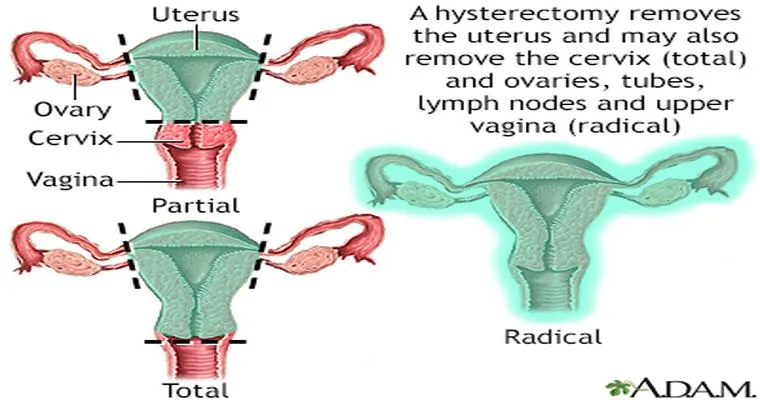
65 had total hysterectomy, 7 yrs ago on estrogen cream. Spotting one day, then stopped, what would cause this?
Spotting after a total hysterectomy, even years later, can occur due to various factors such as hormonal fluctuations, vaginal atrophy, or changes in the vaginal lining. The use of estrogen cream may also influence this, potentially leading to irregularities. It is advisable to consult a healthcare provider for further evaluation.
Page 34 of 134